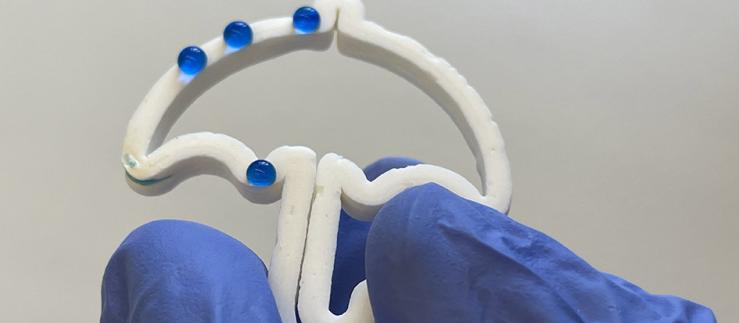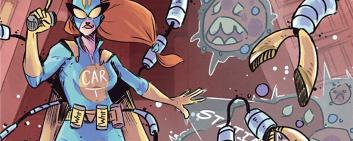An innovative hydrogel has been developed under the leadership of the Swiss Federal Institute of Technology in Zurich (ETH) that protects vaccines from clumping under hot or cold conditions. This gel forms a protective shield around very large, complex molecules, such as those used in gene therapy. Therefore, a direct application in the transport of heat-sensitive enzymes for cancer research or protein molecules for research in laboratory settings would also be possible, according to a press release issued by ETH Zurich.
The development came about in conjunction with a team from the start-up Nanoly Bioscience from Denver in the US State of Colorado. The corresponding study was recently presented in the journal “Science Advances”. According to ETH Zurich, this gel packaging works like a molecular Tupperware, encapsulating the proteins and keeping them separated. This allows the proteins to be stored at 25 to 65 degrees Celsius instead of at a conventional temperature of 2 to 8 degrees Celsius.
Bruno Marco-Dufort, a doctoral researcher at the Macromolecular Engineering Laboratory at ETH Zurich, calculates that the total market for cold chain services from manufacturing to distribution amounted to 17.2 billion US dollars in 2020. “This creates a large barrier for global immunization campaigns, because vaccine distribution and administrative costs often exceed the costs of production”, he explains. This is particularly problematic in hot regions such as sub-Saharan Africa, where there is also a lack of transport infrastructure. To date, according to the ETH, almost half of all vaccines produced end up in the waste due to problems in the cold chain.







